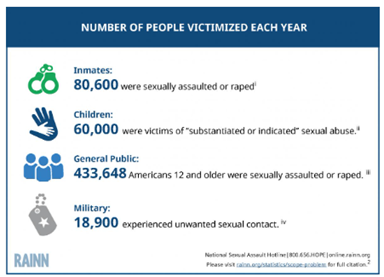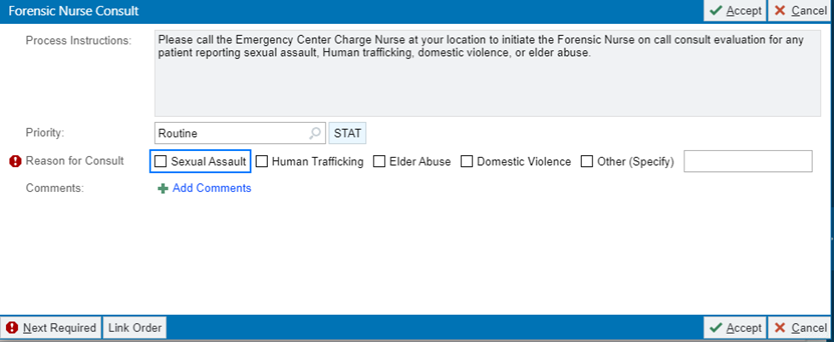This month is Domestic Violence Awareness month. As clinicians, we play a critical role in helping the victims of domestic violence, sexual assault and human trafficking receive the care they vitally need. Sometimes, we may be all that stands between someone’s survival and continual abuse.
The numbers are frightening, but every year, more than 12 million people are victims of domestic violence — an average of 24 people per minute. Equally scary are the number of crimes involving human trafficking. In the U.S., sex trafficking is the most common type of trafficking (being the second most profitable illegal industry in the U.S., next to the arms trade, and above illicit drugs) with 49.6 million people in modern slavery worldwide and 12 million of them being children.
This year’s Pathway to Unparalleled sessions included a video highlighting the heroic work of Houston Methodist’s SANE (sexual assault nurse examiner) team. These forensic nurse examiners focus on caring for and supporting victims of sexual and/or physical assault, including domestic violence and human trafficking.
While they’re specially trained to complete a comprehensive medical/forensic examination, SANE team members also collect evidence, including photographs and documented histories, which may be used for expert testimony in a court of law. They’re also trained to provide trauma-informed care and share additional resources that can help these patients for better long-term recovery.
The work of these special nurses is critical, but we all share the responsibility of identifying and reporting these cases. Make sure you’re aware of the warning signs, and contact a supervisor or complete a Forensic Nurse Consult in Epic, if you notice anything suspicious.
By being aware and remaining alert, we’ll be better prepared to keep our patients, and our community safe.




